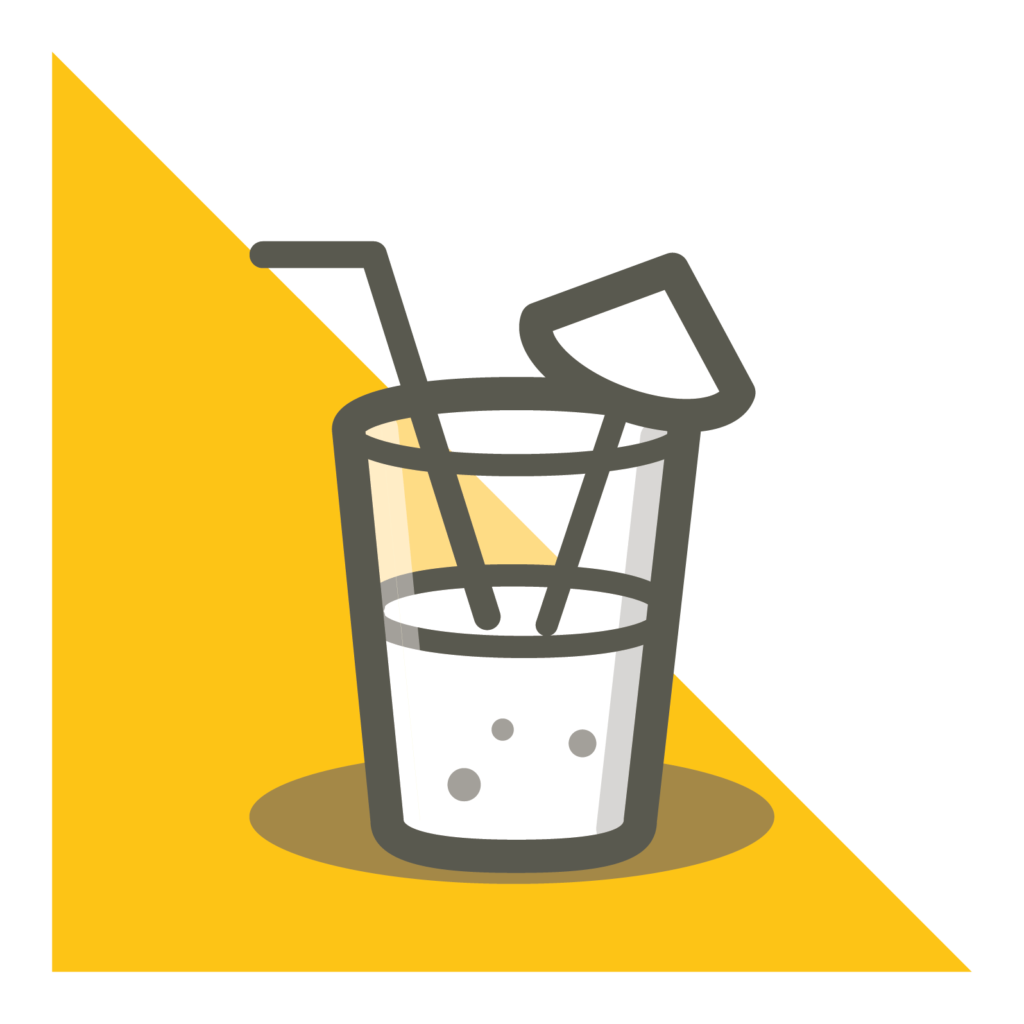On 3 March 2021, the chancellor delivered one of the most highly anticipated budgets in recent memory. The vast majority sectors have been negatively impacted by Covid-19 in the last 12 months. One of the hardest hit has been Hospitality and Leisure. All eyes were on the chancellor, in the hopes that he would announce some positive changes that would help these struggling businesses to recover. Below, we have detailed a few Corporate Tax changes that were announced.
Extension to loss carry back rules
These rules apply to Companies, Sole Traders and Partnerships and come into effect for accounting periods ending between 1 April 2020 and 31 March 2022. Under the previous rules, if trading losses were incurred, they were only able to be carried back to offset against profits made in the previous 12 months.
The extension to this allows for losses to be carried back to offset against profits made in the previous 36 months.
There are a couple of important points to note:
- Any losses carried back further than 12 months are restricted to £2m. This £2m limit is shared between group companies.
- This extension only applies to trading losses and not property investment businesses. This means that landlords will not qualify.
This is good news for the Hospitality and Leisure sector, many of whom have suffered substantial losses in the last 12 months. The extension allows for up to a further £2m of these losses to reduce profits in previous periods which could mean a repayment of tax previously paid.
Capital allowances and the “super deduction”
One big announcement from the budget that has got people talking is the temporary increase to capital allowances.
These changes apply to expenditure incurred between 1 April 2021 and 31 March 2023.
Plant and Machinery
Trading companies that incur expenditure on new/unused plant and machinery can claim 130% tax relief on the costs.
In simple terms, for every £100 spent, companies can get tax relief of £130.
Previously, items would qualify for 100% Annual Investment Allowance up to £1m of expenditure and 18% writing down allowance thereafter.
This new super deduction could be particularly useful to those Hospitality and Leisure businesses that are having to make modifications to ensure premises are Covid secure.
Examples of items that will qualify are:
- Furniture – perhaps new style seating will be required e.g. booth seating
- Moveable screens between tables or for till points
- Any machinery or equipment
- Fixtures and fittings
Integral features
Expenditure incurred on new/unused integral features will qualify for 50% tax relief.
Examples of items that will qualify are:
- Air conditioning
- Ventilation systems
- Electrical systems
- Hot and cold water systems
This new enhancement will be more valuable from 1 January 2022 when the current £1m Annual Investment Allowance is reduced to £200k.
Integral features qualify for the 100% Annual Investment Allowance which is more valuable than the enhanced capital allowances of 50%. However, any expenditure over the Annual Investment Allowance limit only gets written off at 6% per annum under the current rules.
Once the Annual Investment Allowance is reduced, companies will be able to take advantage of the 50% allowance which is far more generous than the previous 6%.
Important points to note:
- Expenditure will only qualify on new and unused assets.
- Contracts must have been entered into after the budget date of 3 March 2021.
- These extended reliefs will be available to trading businesses only and not to landlords.
- If items are sold before 31 March 2023, the proceeds will be taxable on sale.
Increase in Corporation Tax rate
From 1 April 2023, the current rate of 19% will only apply to companies with taxable profits under £50,000. Companies with a taxable profit of over £250,000 will have a Corporation Tax rate of 25%. For any companies in between, a tapered rate will be used.
Whilst this is not good news for many companies, the fact that the small profits limit remains at 19% should mean that struggling companies are not subject to higher tax rates until they are back on their feet.
If you would like to discuss any of the points above in more detail, please do not hesitate to contact us.

